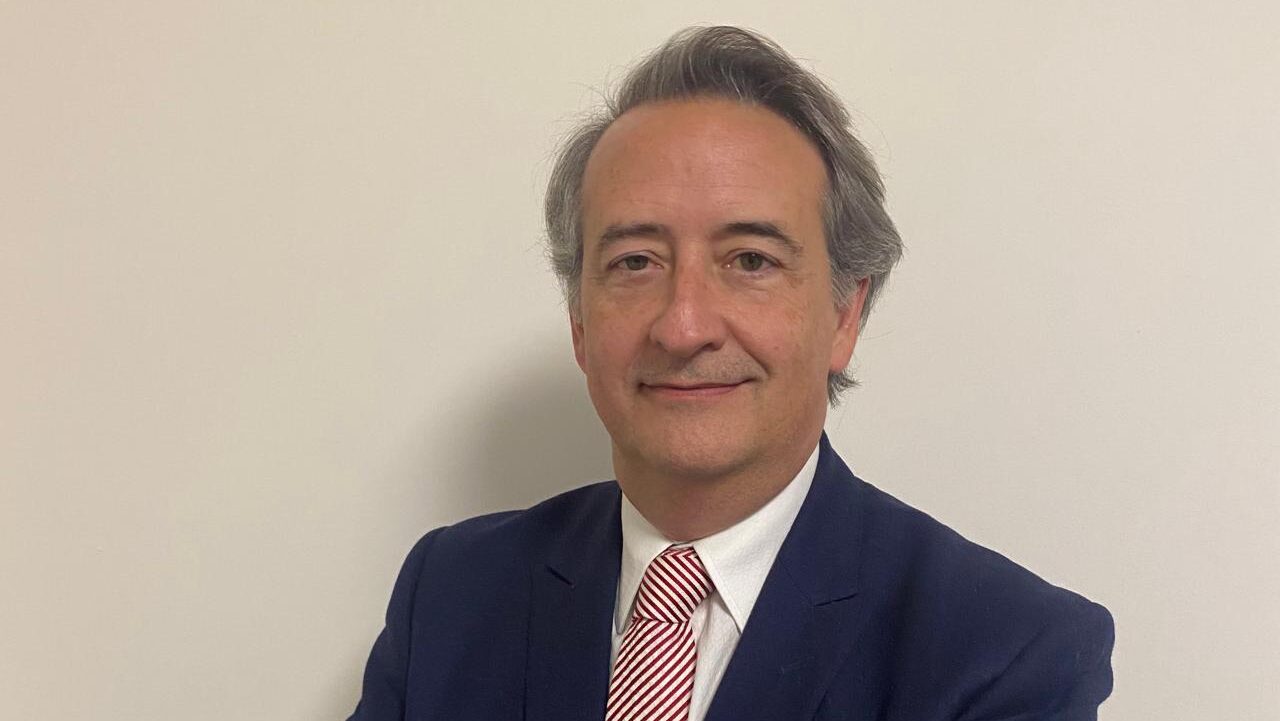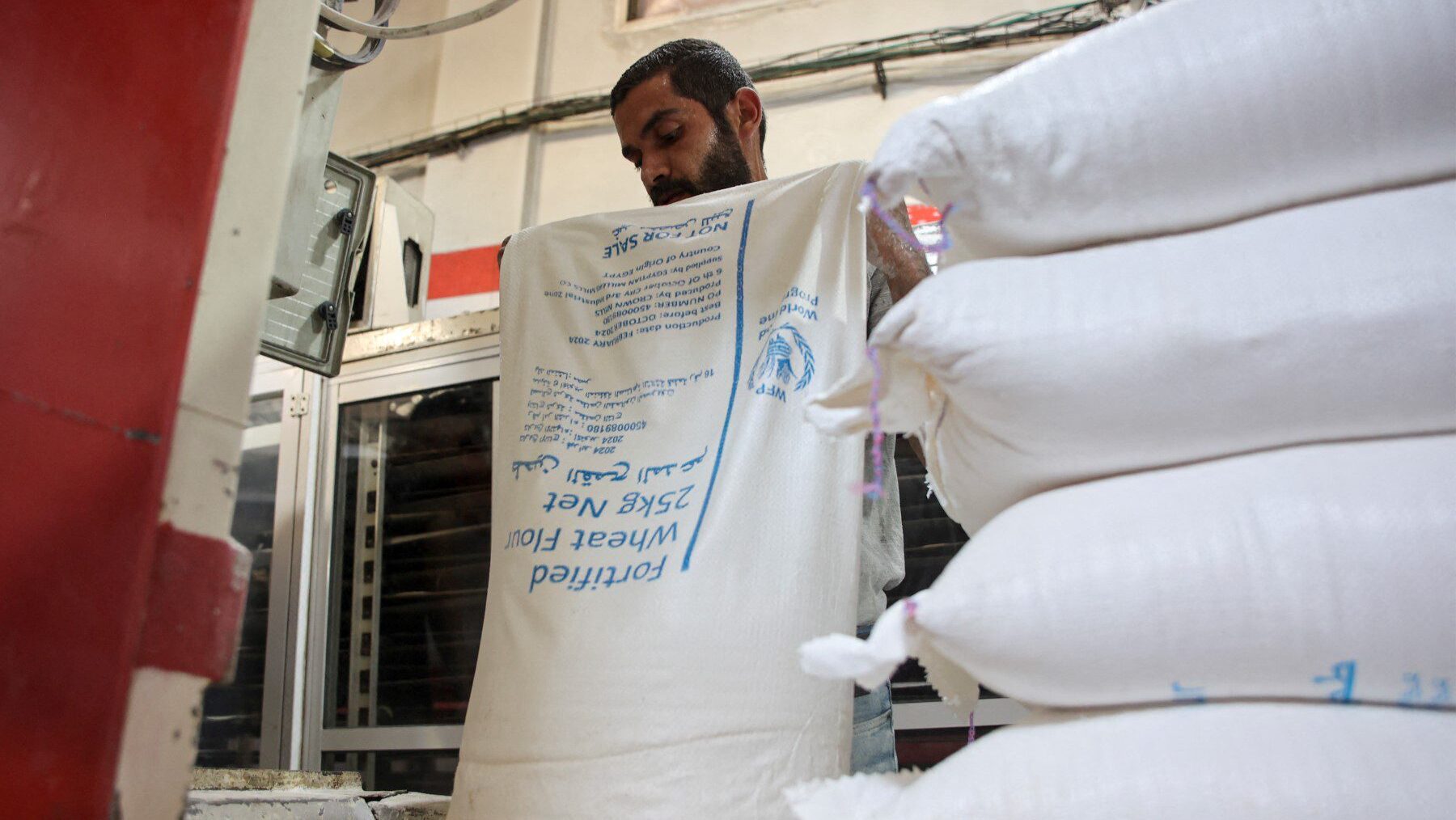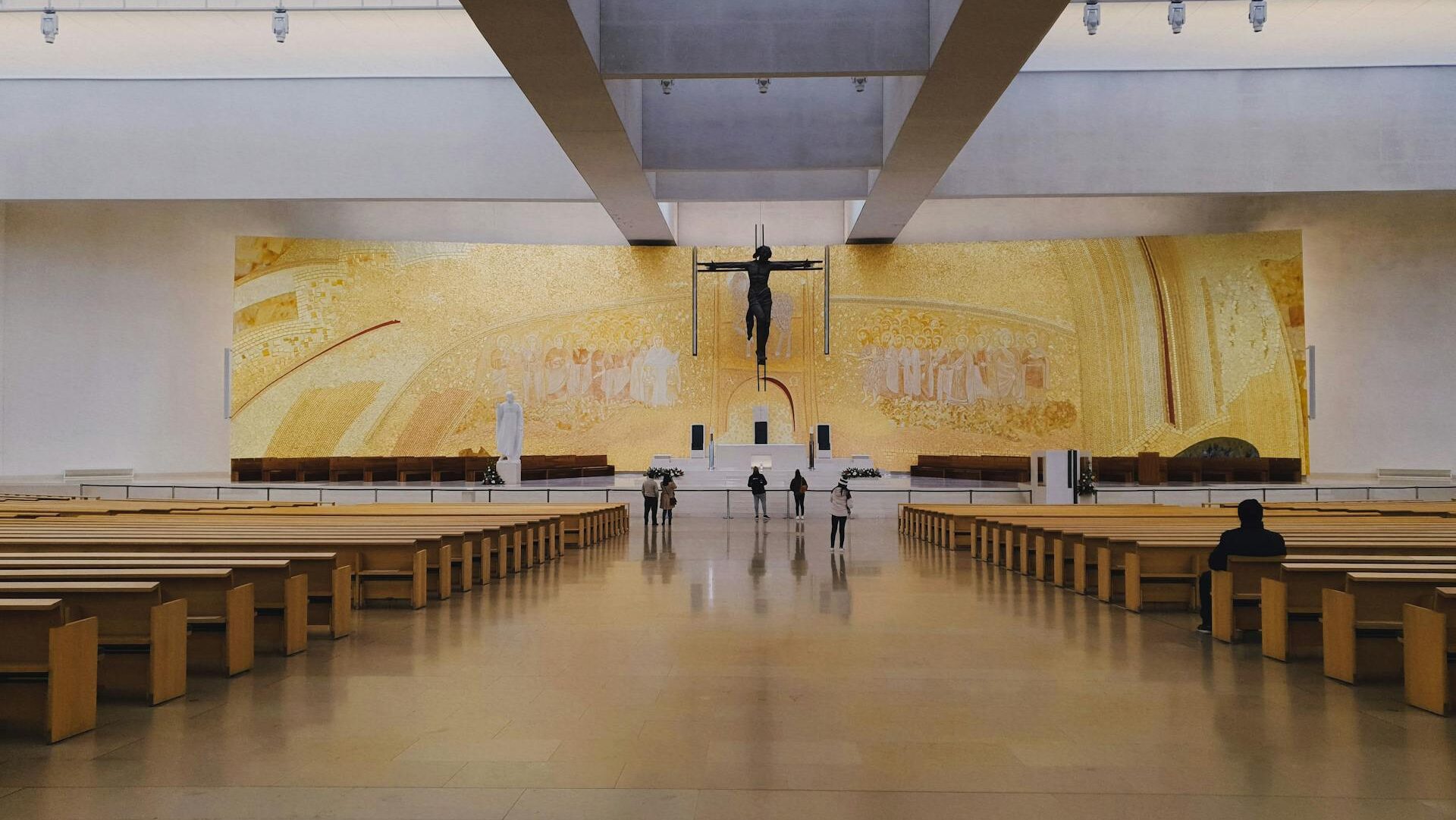Nicolás Mayoraz has a law degree from the National University of Rosario and a master’s degree in law from the Catholic University of Buenos Aires. The Provincial Deputy of Santa Fe for the Life and Family Bloc from 2019 to 2023, he has served as National Deputy for La Libertad Avanza since December 2023.
It has been one year since Javier Milei came to power and there is good news, such as the decrease of inflation and the reduction of poverty. How do you evaluate this first year of government?
When you look at what has been achieved this year, you cannot help but be amazed in every way. Javier Milei set a series of goals and many of them have been achieved ahead of schedule, such as reducing inflation, which was on the verge of hyperinflation, or reducing the public deficit, which was at 14 points, to zero. All macroeconomic variables are very positive and we are beginning to see signs of economic reactivation that were impossible to see during our economic crisis. And the most amazing thing about all of this is that we have achieved it within a political weakness that, according to the experts, would have prevented us from making the necessary changes and would have forced us to negotiate all of our objectives. The truth is that Javier Milei did not negotiate any of the objectives he proposed and was able to carry them out despite the fact that we have a very small representation in Congress. Historically, the ruling party has never had so little representation in Congress, but we have been able to pass the most important laws.
It has been a very good year, and I hope that this economic growth will also improve the pockets of Argentines—as we are already seeing, for example, with mortgage loans, the demand for which has soared because it has been ten years since loans were granted to buy a house. This is a sign of improved legal certainty, economic predictability and people’s confidence in the government’s plan.
Milei prefers an uncomfortable truth to a comfortable lie. Has telling Argentines the truth been one of the keys to the success of this first year of government?
Yes, because this change in Milei’s way of doing politics broke with all the structures and all the ‘opinionologists’ who told him how to behave. Fortunately, the President did not follow their advice; and, since his election to the National Assembly, he has always said what he was going to do. You cannot find an opinion of his, even when he was a columnist, in which he did not speak clearly about inflation and the politicians’ share of responsibility for it; he always said all that. Javier Milei’s political honesty is appreciated by the people, and it also makes it possible to bear the sacrifices that all Argentines are making. Changing the way we do politics is very important and is part of the cultural struggle.
You mentioned the parliamentary minority of La Libertad Avanza. In October 2025, elections will be held to replace half of the Congress and a third of the Senate. What are your expectations?
I think we will have the opportunity to include more senators and deputies. We want to at least double the number of deputies and reach 80 representatives. We would still be far from forming a majority, but we can become the first minority, and that would give us a different margin to manage politically.
Could the change achieved so far be jeopardized if these expectations are not met?
No, there is no way to stop the change that Javier Milei represents. We are very confident in our possibilities and the calculations of the electoral intentions are greater than the positive image of the government. People have realized that this was the only way and that Javier Milei was the best person to do it. Our task now is to project his image in the candidates we present for deputies and senators in each district; this is the enormous task that Karina Milei has done, putting together a party structure that is already consolidated and a name, “La Libertad Avanza,” which is the seal that we are going to promote in the provinces. We will reach our goal, and if we did what we did with 38 deputies, we will do much more with 70 or 80. Above all, we need strength to continue the cultural struggle, because allies can accompany you in economic matters, but not so much in the defense of life, liberty, and property.
Milei’s arrival has also served to expose a vast network of left-wing activists living at the expense of the state. And after a year, some truly scandalous cases continue to emerge.
Yes; that’s right. A few days ago, the minister of social development announced the closure of an agency with 1,300 employees and a deficit. More was spent on paying salaries than on the real purpose of the budget, which was to grant microcredits to development sectors, that is, an agency is created just to employ 1,300 people and not to give any credit to anyone because the money does not reach you. This is the image that reflects what progressivism and the Left are: the creation of agencies to employ themselves, with bombastic titles and laudable objectives so that no one can oppose them, but that end up being a place to plug in friends and activists. It takes time to dismantle all this because of the resistance, but it is being done.
In just one week, Javier Milei, with Sandra Pettovello as minister, achieved something that no one expected: to stop the pickets. Argentina had an average of fifty pickets a month, and in Buenos Aires alone there were one or two a day, with traffic disruptions that made the city uninhabitable. That ended with the anti-picket protocol, due to the president’s firm decision not to be intimidated by complaints and protests. Today, you can move freely around the city, and that is something that people appreciate. The poverty managers were the ones who fed the picket lines with people, because they deducted money from the social benefits if the beneficiaries did not participate in the picket lines. All of this ended a few weeks after Javier Milei became president, and all social benefits are given directly to the needy so that they do not have to pay obeisance to the criminals who took advantage of their money.
These examples explain why Argentina was plunged into a permanent crisis. It is impossible not to lead a country into poverty with this system.
It is impossible because, in this dynamic, the state will always grow and it will always invent a new right to be satisfied or needs to be satisfied. But the first to point out that the king was naked were the young people, and they were the first to be awakened by Milei. In Argentina, there was a ‘click’ with the pandemic, when many realized how many people were living off the state and that, even if these people did not go to work, the state still functioned. After the confinement, government offices remained closed because state employees refused to serve people for health reasons, and this remained the case for two years.
Javier Milei captures the anger of society and shows the lie of the current state narrative, a business created by the Left to live off the state. Putting an end to this will take time. It’s what Trump calls “draining the swamp,” and there are still structures in place that slow and paralyze our efforts. But I think the momentum that this administration has after its first year is stronger than it was when it started, so we have all the energy to make the changes that need to be made.
Indigenism is one of the banners of the Left throughout the continent and especially in Argentina, but Javier Milei has just published a decree against indigenous communal lands. Is this indigenism just another business?
The state’s policy in relation to these movements has always been to respect the rights of the indigenous peoples and their descendants, but this does not allow for privileged treatment, because the Argentine Constitution says that there are no blood privileges, and there can be no racial, religious, or any other kind of distinction. But what the government found was a series of businesses where the ideological bias was not poverty, but ethnicity. There are huge land deals with pseudo-Mapuche organizations that preceded the announcement of oil and gas exploration, occupying these lands and claiming that they are their ancestral lands. In reality, it is like a case of real estate speculation. All of this has been dismantled and, with the help of the judicial system, territories in the south of Argentina that were occupied by these delinquents have been evacuated. There have even been cases where they collected tolls to cross the occupied lands. The most curious thing is that there have been no large protest mobilizations, which shows that they are minority groups and that there is nothing behind them.
The other great achievement of Javier Milei is his international projection.
It fills me with pride to see that my president has put Argentina in a place where it was not before, and that he occupies a place among the most influential leaders in the world because he shows the way forward. He went to Davos and spoke to them about 21st century socialism and what their policies represent, and then he went to the United Nations and denounced what they had forgotten about in their original goals. It was necessary to stand up against Agenda 2030 and wokism, which suffocate the people and prevent their true development. Together with leaders like Donald Trump and Giorgia Meloni, he is shaping a new current that opposes globalism. Globalism is not the same as globalization, and thanks to Javier Milei, more and more people in Argentina are becoming aware of its meaning.
You participated in the summit organized by the Political Network for Values in Madrid. How important to La Libertad Avanza is the defense of values such as life and the family?
The right to life is fundamental in the cultural struggle, because without this right there is no other, and from it derives the rights to freedom and property. The family is the basis of social organization and it is the model that must be recovered in the face of the social engineering of the Left, which seeks isolated individuals separated from the family nucleus. These experiments have never worked, and we must return to the protection of the family, which is the place where the human being is formed, weaves his abilities, and receives everything he needs to carry out his adult life with freedom and independence. Pro-family policies must be implemented and couples must be encouraged to marry and have children. Hence the importance of the economy, because a healthy economy provides stability and encourages young people to start families, while an economy in crisis tends to postpone these decisions.
A few months ago, José Papparelli and I interviewed Marcelo Duclos and Nicolás Márquez, the authors of a book about “the revolution they didn’t see coming.” Márquez said that Milei is a miracle. Do you think Milei was the miracle that Argentina needed?
I think it is a good word to define him, not in a spiritual way, but in a colloquial way. Milei arrived in Argentina at a time of crisis, the deepest in the last hundred years, economically, but also politically, morally, and socially, with 60% of the population living in poverty. Another leadership could have appeared, following the same lie, but selling the idea of being able to solve the problems and, continuing as always, being able to make some economic adjustments. But Milei appeared, defending the flag of freedom, and convinced of it. Yes, we could say that it was a real miracle.




